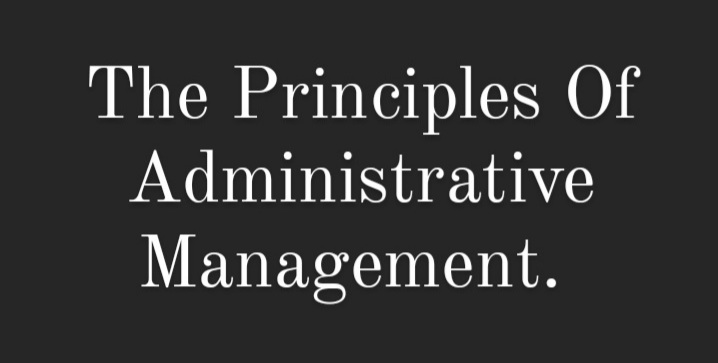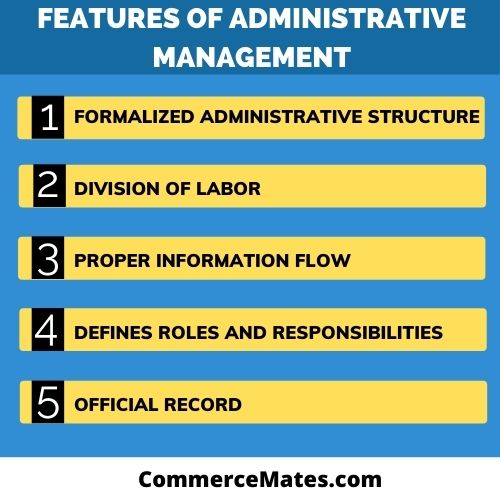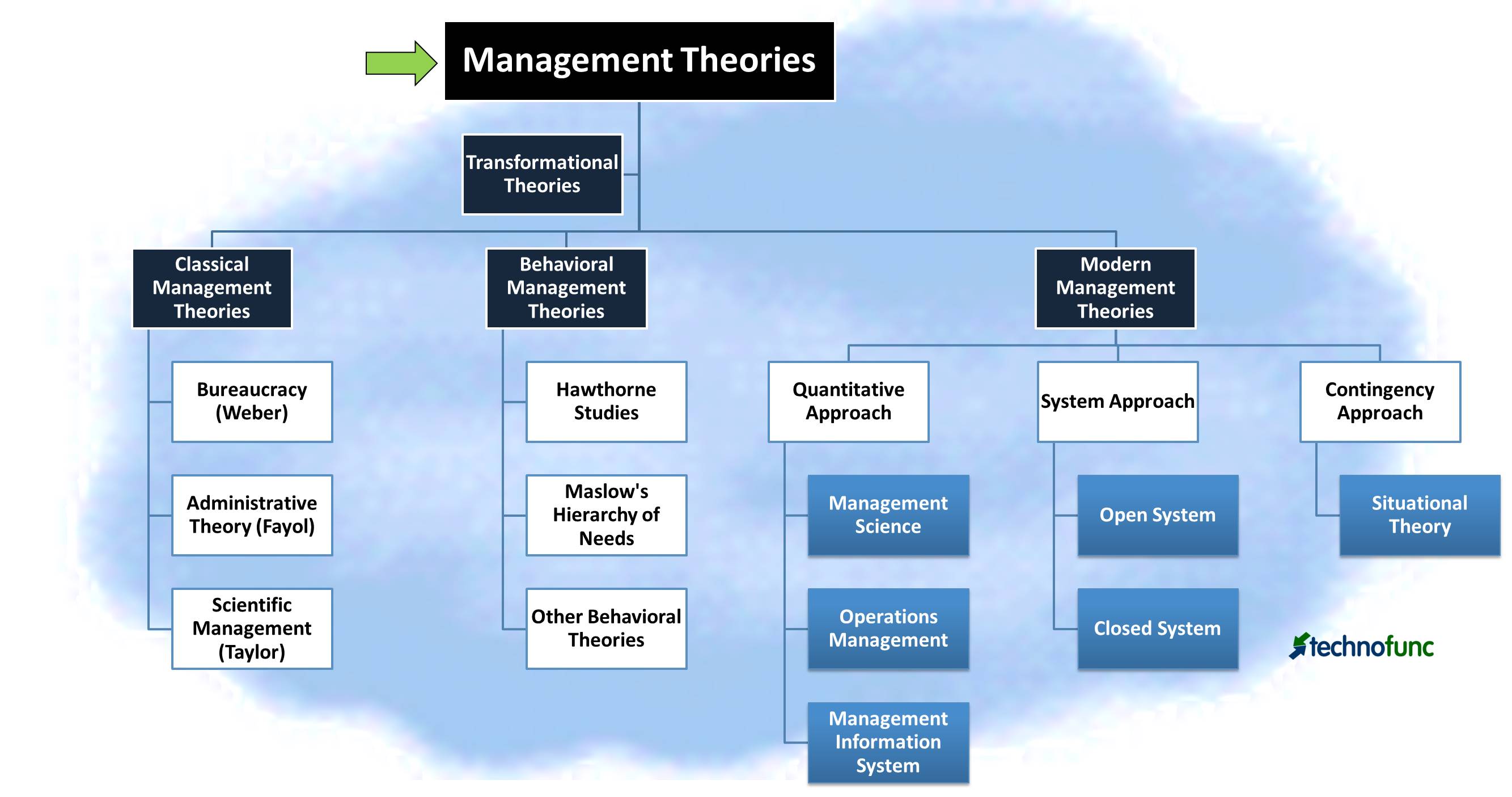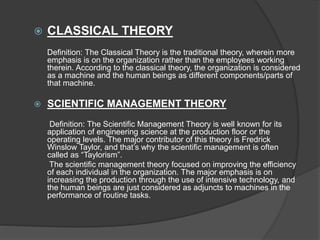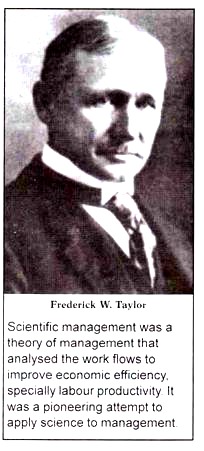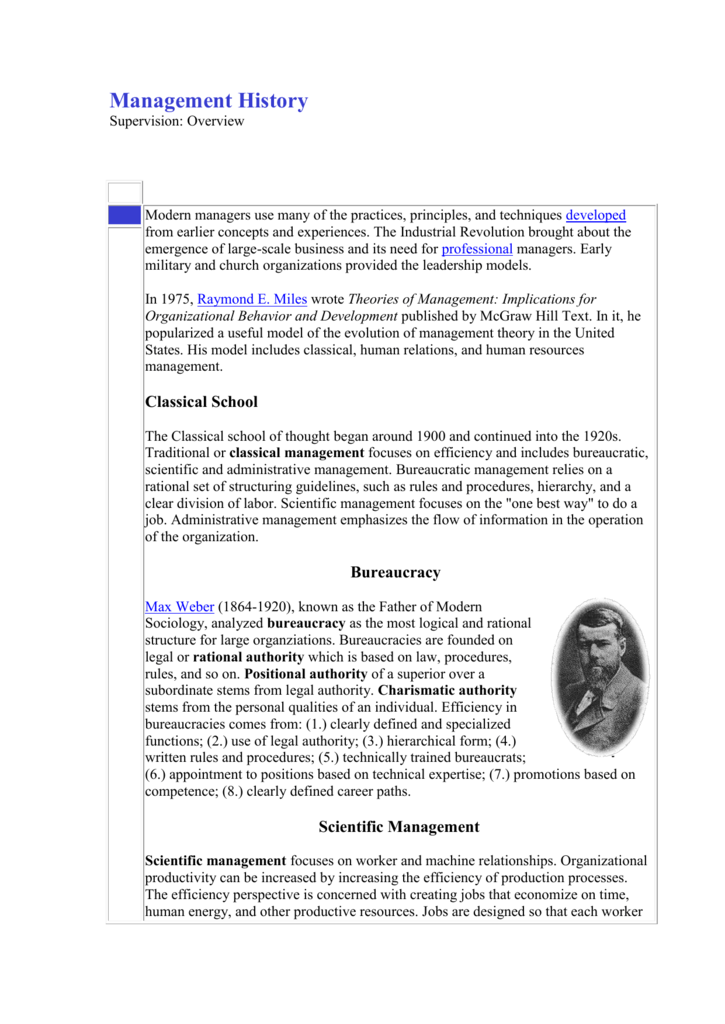Classical administrative management theory is a branch of management theory that focuses on the efficient and effective functioning of organizations. It emerged in the late 19th and early 20th centuries as a response to the growing complexity and size of organizations, and it continues to be a dominant approach to management today.
The main proponents of classical administrative management theory were Henri Fayol and Frederick Winslow Taylor. Fayol developed a set of principles for managing organizations, including the importance of planning, organizing, command, coordination, and control. He argued that these principles were universal and could be applied to any type of organization.
Taylor, on the other hand, focused on improving efficiency and productivity through the use of scientific methods. He believed that by analyzing work processes and breaking them down into smaller tasks, managers could identify the most efficient way of performing each task and increase overall productivity. This approach is known as "scientific management."
Classical administrative management theory has had a significant impact on the way organizations are managed. Its principles of planning, organizing, and controlling have become the foundation of modern management practices, and its emphasis on efficiency and productivity has helped to drive the success of many organizations.
However, classical administrative management theory has also been criticized for its emphasis on efficiency and control, as well as its lack of consideration for the human element of work. This has led to the development of alternative approaches to management, such as human relations theory and contingency theory, which place a greater emphasis on the role of human factors and the importance of adapting to changing circumstances.
Overall, classical administrative management theory remains a significant and influential approach to management, but it is important for managers to consider the limitations and potential drawbacks of this approach and to consider incorporating elements of other management theories in order to achieve a more holistic and effective approach to managing organizations.

